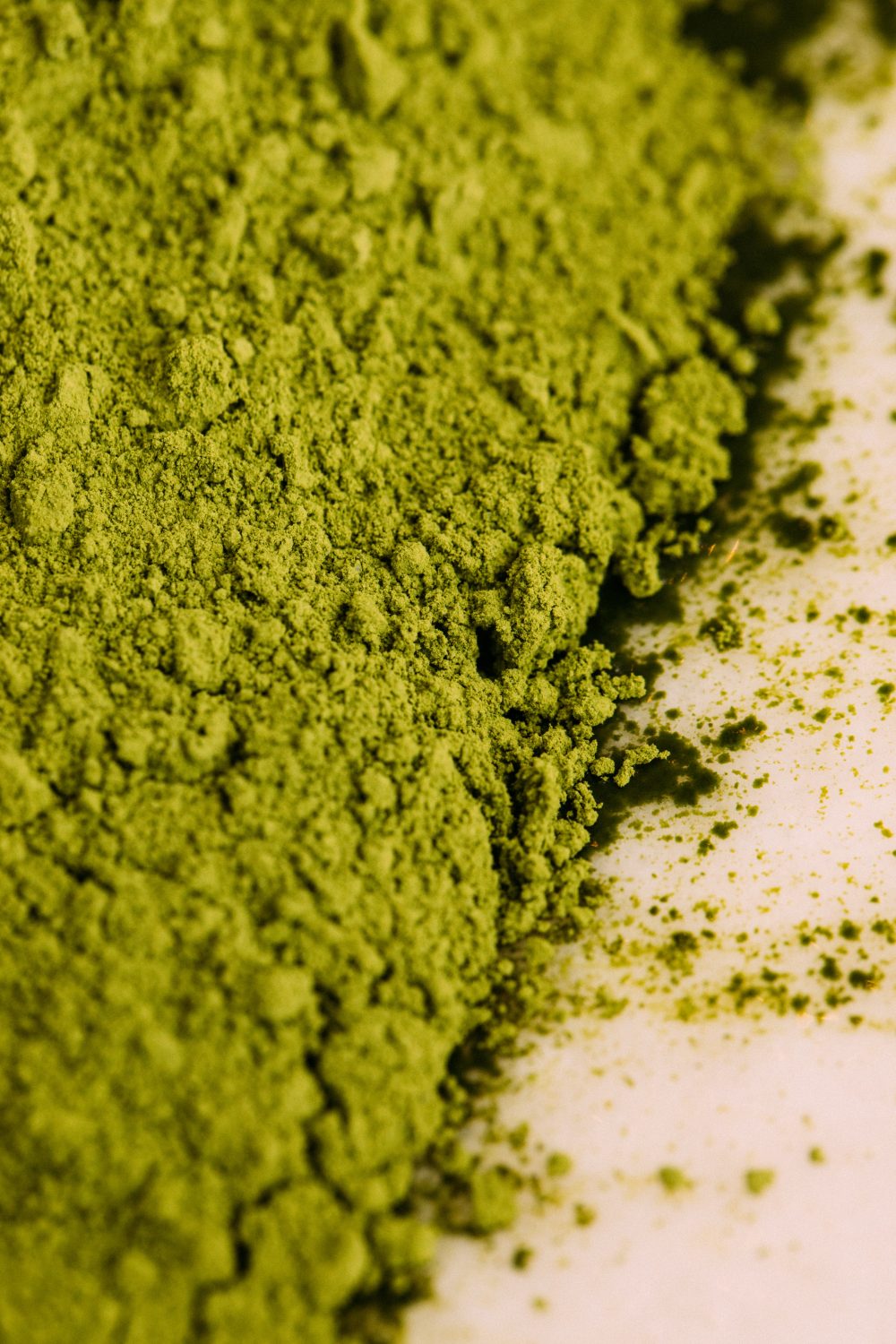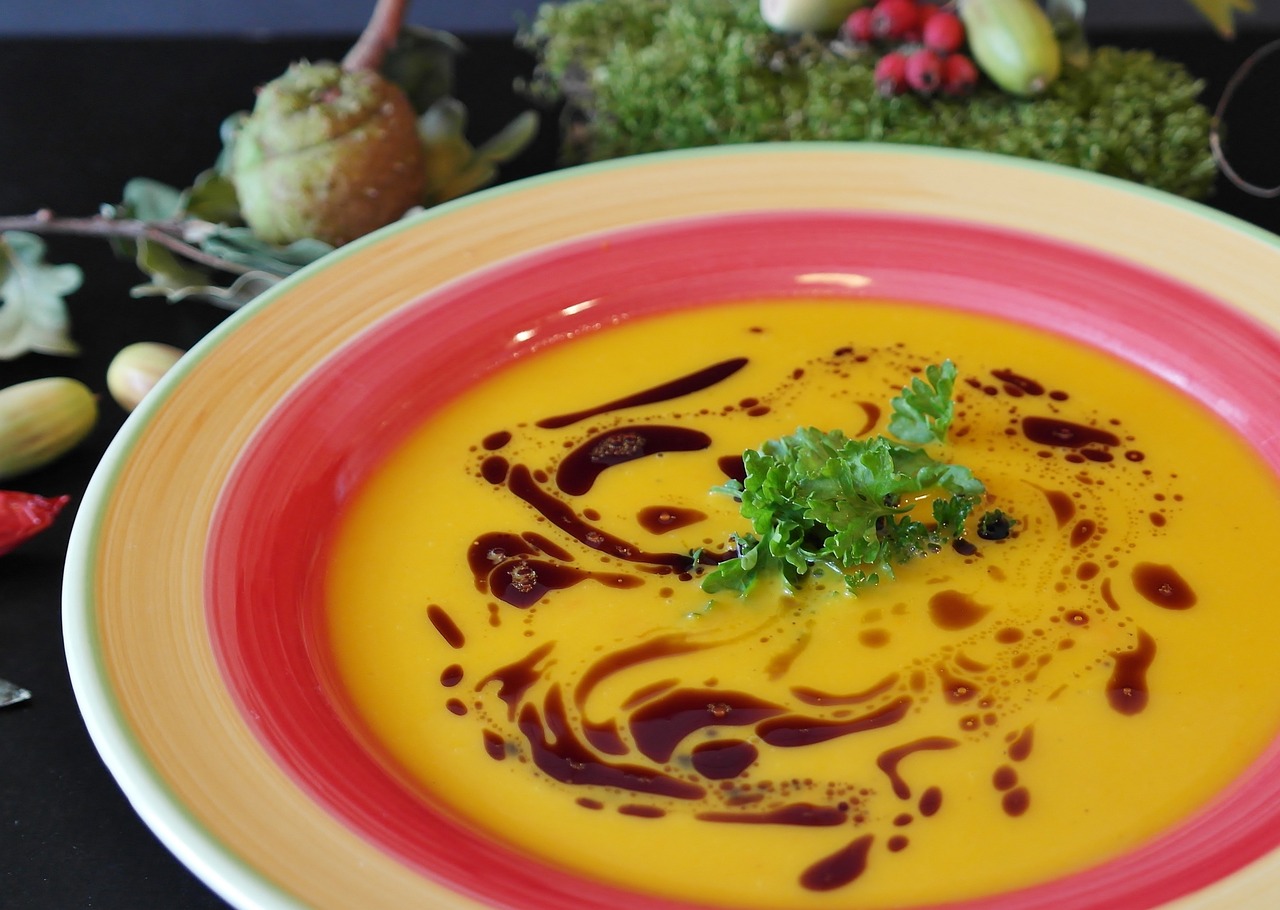Matcha is a green tea powder that has been making rounds on the internet. Its aesthetic appearance coupled with its multiple health benefits is what makes it so preferable over all the other types of teas.
People who drink matcha daily swear that this tea, used in traditional Japanese Tea ceremonies for decades, is addictive — in a good way. But this does beg the question, does matcha have caffeine? As a matter of fact, it does.
Matcha And Caffeine
Matcha is made from crushed whole leaves, so its caffeine content is much higher than all other types of tea. An 8 oz glass of organic matcha tea contains about 72 mg of caffeine — that's double the caffeine content found in standard teas.
When you drink coffee, you must have noticed the sudden burst of energy that comes with it. That is great until the caffeine runs out of your system and you experience an equally sudden crash.
The caffeine in matcha works at a relatively slower pace. It takes quite some time for the caffeine to reach your system, thus prolonging the energy you receive and keeping you from being exhausted smack in the middle of the day.
Is it really a wonder then that matcha has gained immense popularity over the years?
Health Benefits Of Matcha
Matcha has numerous health benefits. Let's take a look at some of them.
Matcha And Concentration: The Perfect Duo
Matcha has an amino acid called L-Theanine that boosts confidence, concentration, and focus while also helping you relax. In fact, its caffeine content facilitates a state of relaxed alertness.
Prevention Of Cancer? Matcha Has Your Back.
Matcha contains around 250 mg of catechins in an 8 oz serving. This type of antioxidant has antitumor properties, thus reducing the risks of cancer growth.
Lowers The Risk Of Cardiovascular Diseases
High cholesterol level is one of the primary causes of heart diseases and stroke. Green tea can help in improving cholesterol levels. Drinking green tea regularly can decrease the chances of cardiovascular diseases by a whopping 31%.
Helps In Weight Loss
Green tea boosts fat burning, thus helping with weight loss. It also boosts metabolism and increases energy expenditure.
Helps Protect The Liver
Matcha helps oxygenate the body. Our liver has its natural purification process. It turns the harmful ingredients harmless and then removes them through urination. Matcha contains chlorophyll, an antioxidant that helps carry oxygen to the tissues and organs.
How To Make Matcha Tea?
Making matcha is a pretty straightforward process. Here's an easy guide you can follow to make that perfect cup of matcha.
1. In a bowl, add 1 teaspoon of matcha. You can choose to sift it or add it directly. There's no right or wrong way of doing it. It's all about your personal preference.
2. Add about 100–150 ml of hot water to the bowl. Make sure the water has not reached the boiling point yet.
3. Whisk the mixture until you see a frothy layer on top.
4. Pour it into a cup and enjoy.
The Takeaway
The widespread popularity of matcha has led to a lot of recipes surfacing online. Some matcha recipes include honey, sugar, and other additives, but arguably, matcha is best when had in its natural form.
Adding ingredients to your matcha can impact the beneficial power this green tea packs. So, if you want your green tea drink to be healthy, make sure your matcha does not contain any sweeteners.
Matcha is a miraculous ingredient, one people swear upon. As matcha is made from the whole leaf, it facilitates a more concentrated amount of beneficial plant compounds and antioxidants. And while green tea is undoubtedly beneficial, the benefits are doubled with matcha.



